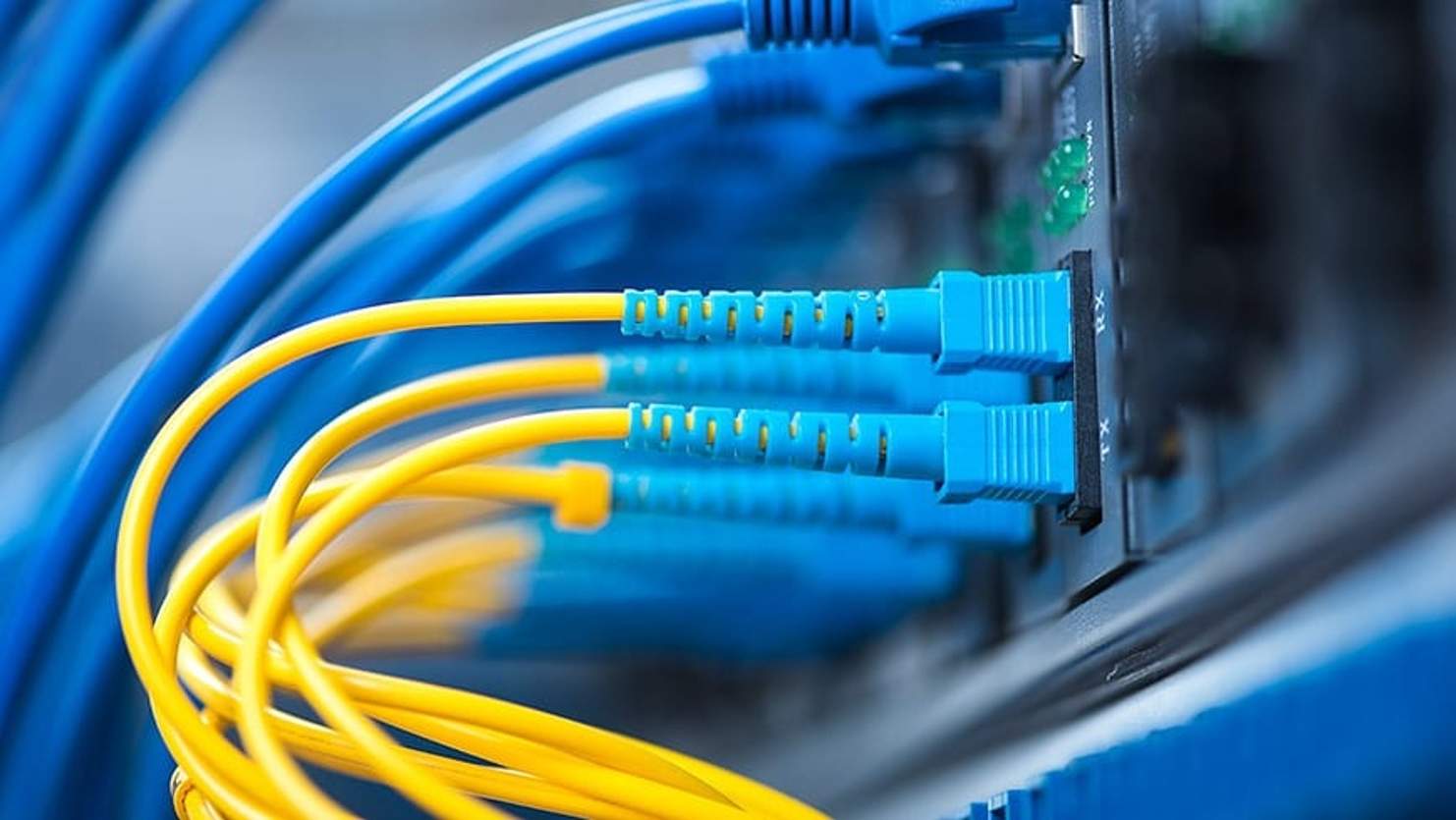Vocus, a prominent telecommunications company, has issued a fervent call for the establishment of new submarine cable protection zones in Australia. The urgency of this appeal stems from the critical role that submarine cables play in Australia’s cybersecurity strategy, despite the absence of new protection zones since 2007.
As the telecommunications landscape evolves, the deployment of cables in regions like Darwin, Port Hedland, and Maroochydore has intensified.
Vocus emphasises the pressing need for stronger protection and vigilant monitoring of these vital underwater arteries, which are susceptible to various threats.
Vocus draws attention to the critical need for reinforced protection and vigilant monitoring of submarine cables, underscoring their indispensable role in Australia’s cybersecurity strategy.
The telecommunications giant emphasises the potential threats stemming from both intentional and unintentional human activities, such as deliberate cable cutting or tapping, as well as cyberattacks.
Compromised segments of the submarine supply chain can result in dire consequences, including data interception, surveillance, and disruption of essential traffic.
Additionally, Vocus proposed that Australia’s national security interests would benefit from increased support for submarine data cables in the Pacific region.
The vulnerability of nations with only a single cable, as highlighted by Tonga’s experience during a volcanic eruption in 2022, underscores the importance of continued investment and collaboration in strategic submarine cable projects within the Indo-Pacific.
In an innovative move, Vocus also suggests that Australia could extend its robust sovereign data center security standards to Pacific island nations lacking their data infrastructure.
The telco says, “Under the Hosting Certification Framework, Australia has established high security standards for the storage and processing of government and citizen data, which could be made available to countries with under-developed data centre infrastructure.”
This would, the submission noted, require a framework offering “strong legal protections preventing any access to such data by anyone other than the nation which ‘owns’ the data.”
New submarine cable zones could be critical in light of evolving cybersecurity threats, demanding immediate attention and proactive measures to fortify Australia’s cyber defenses.







